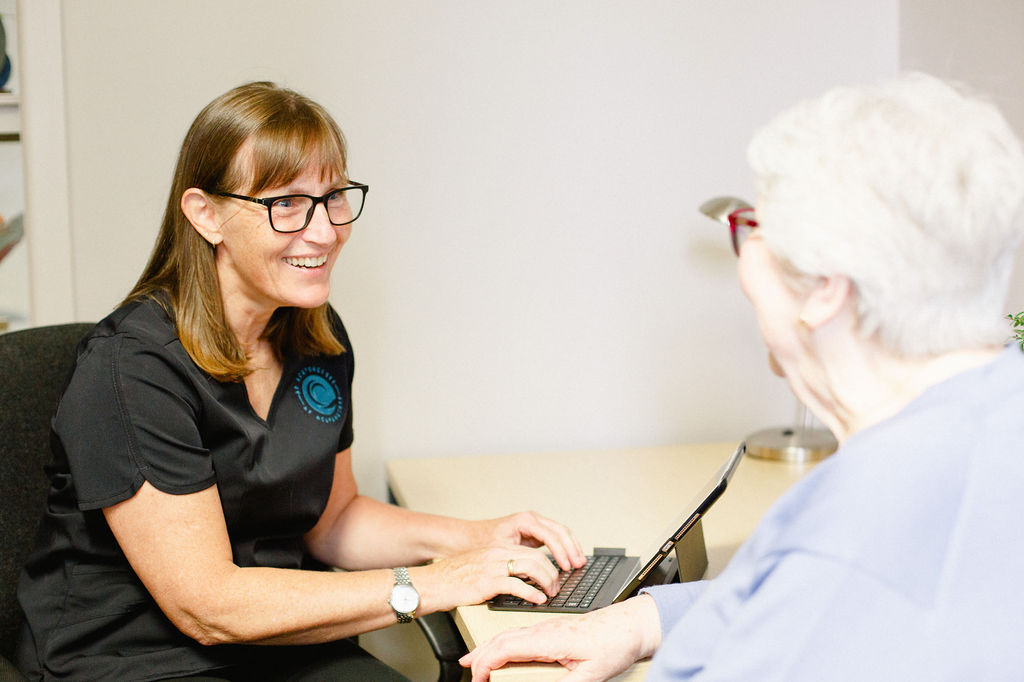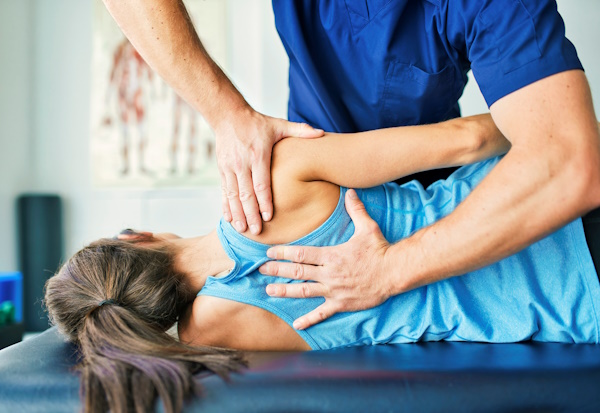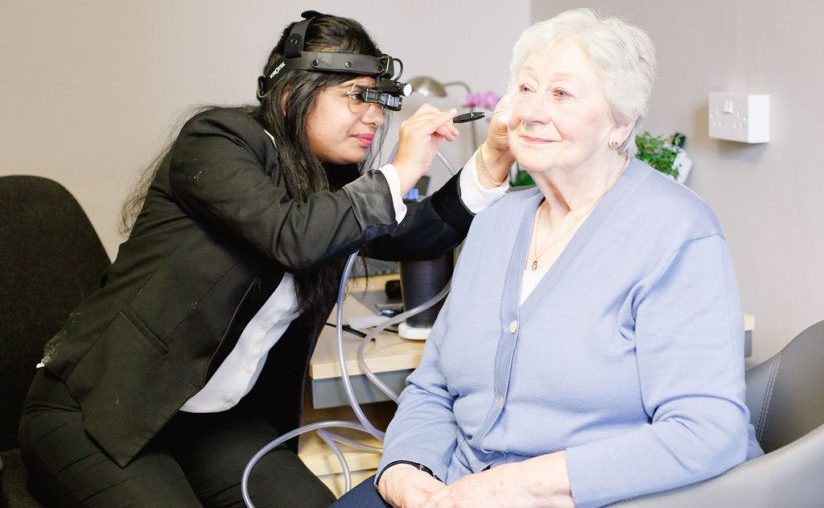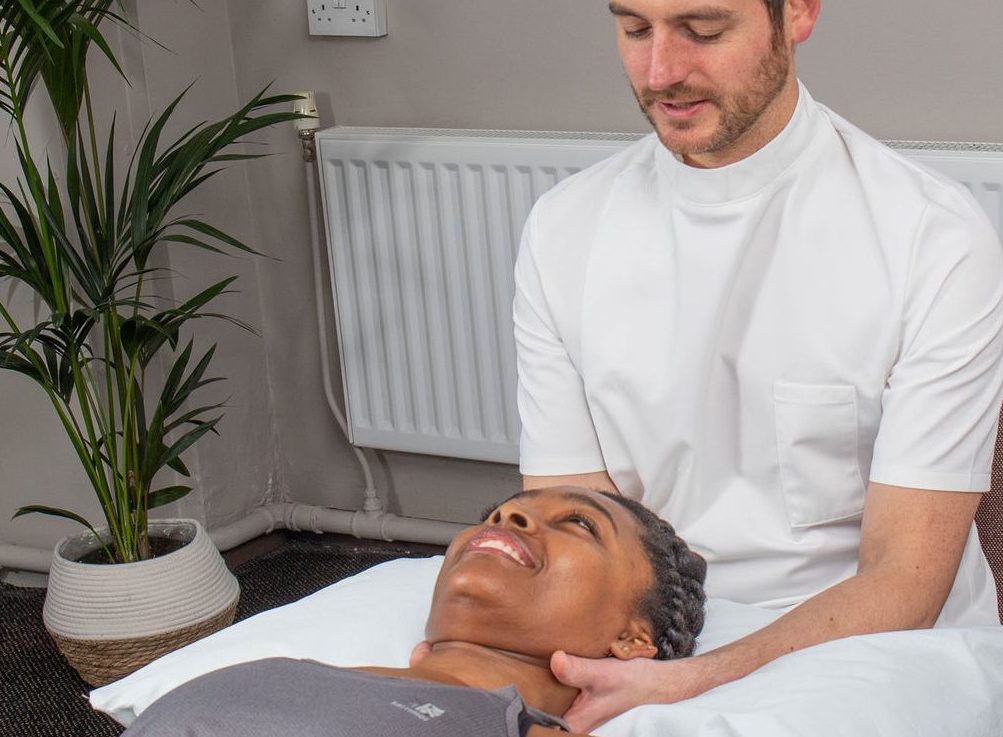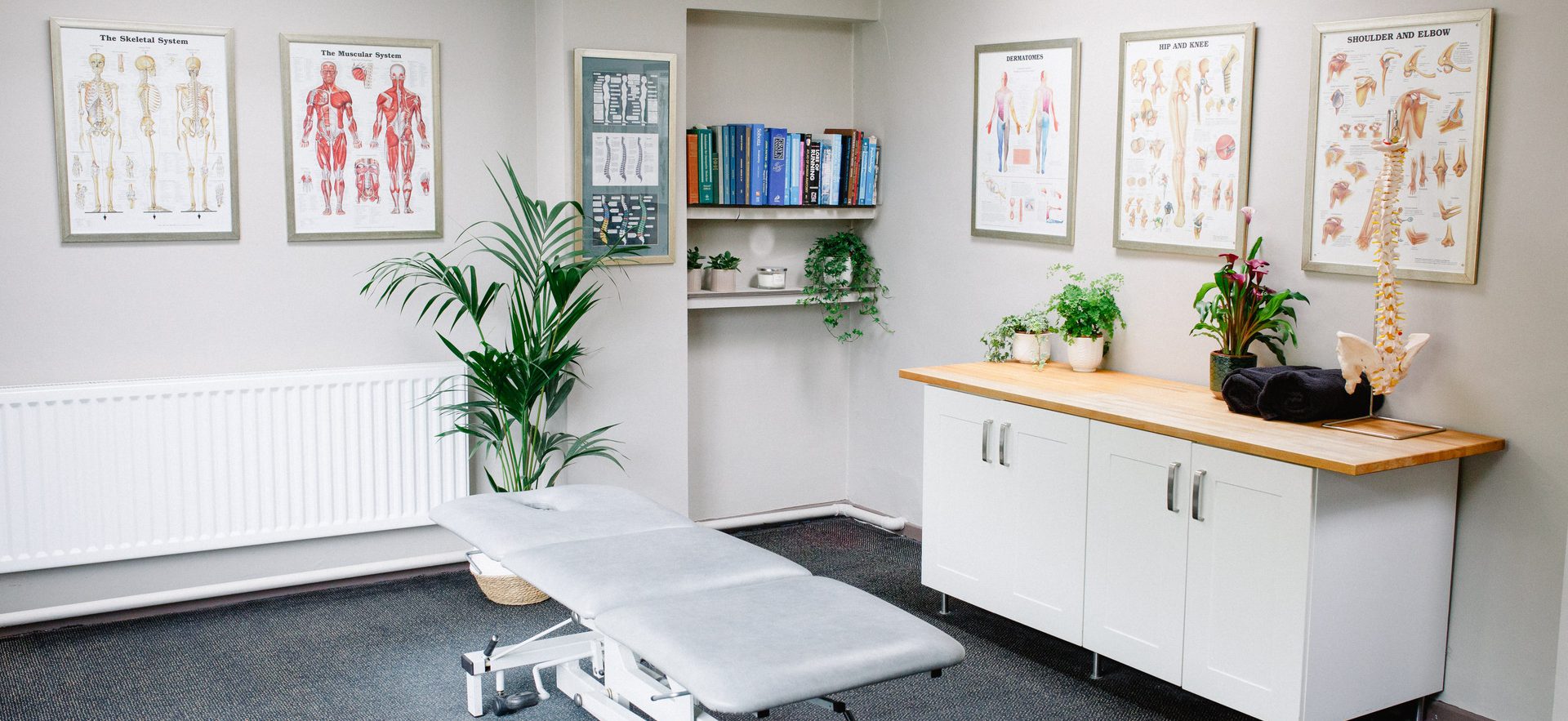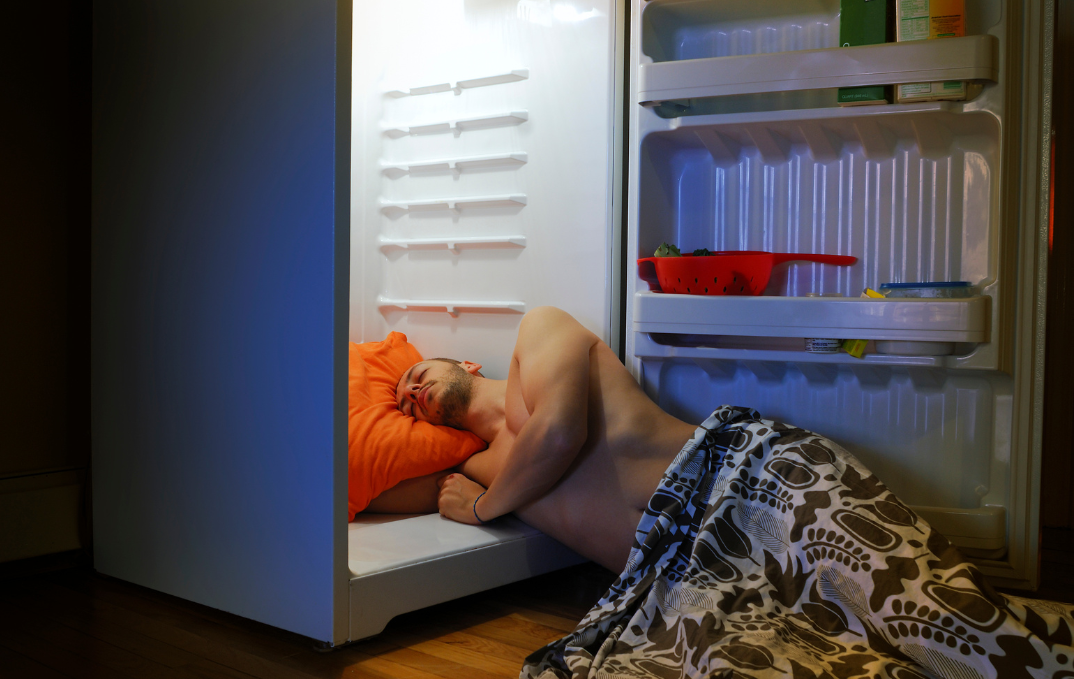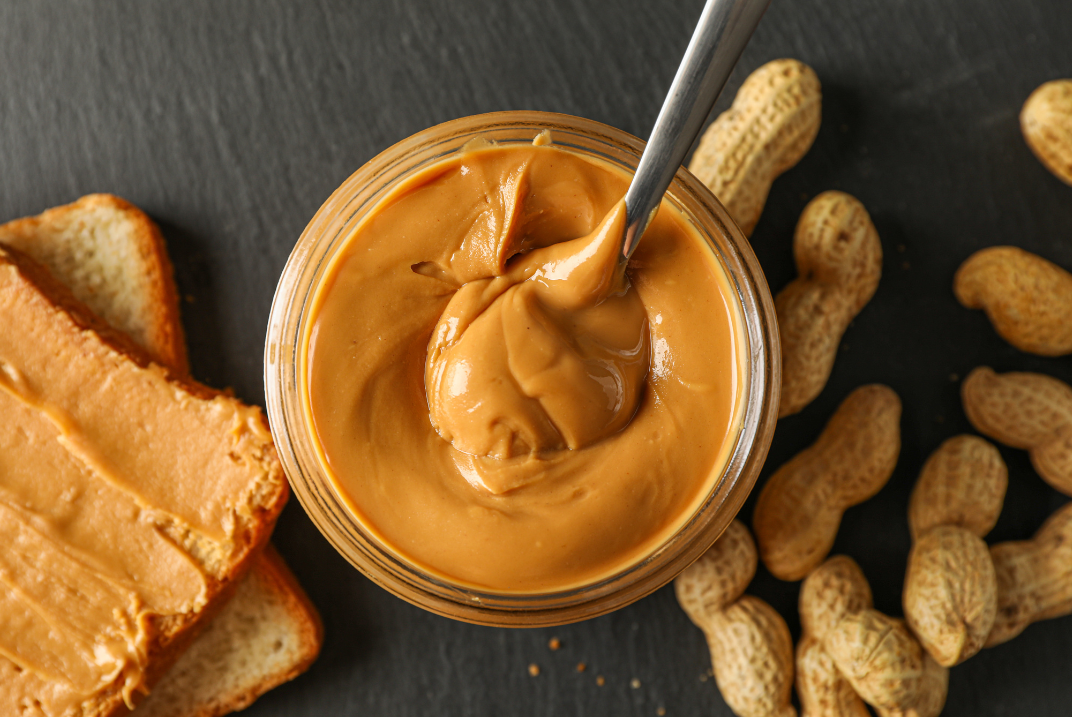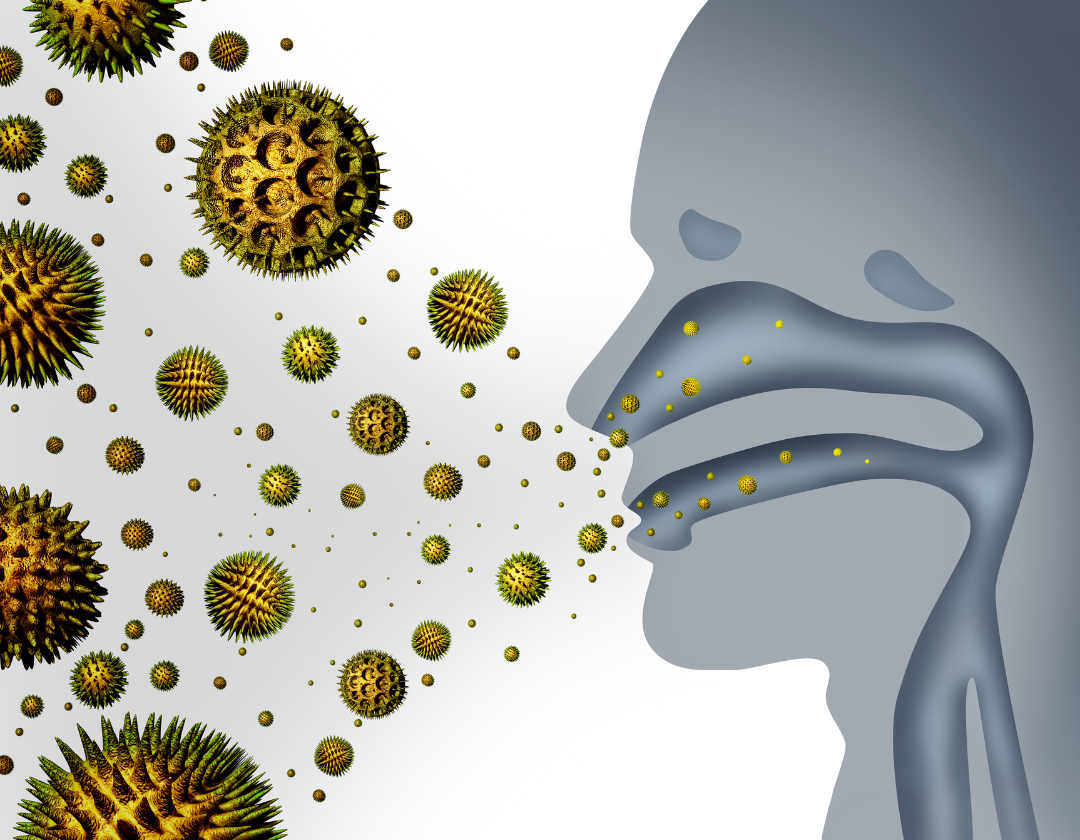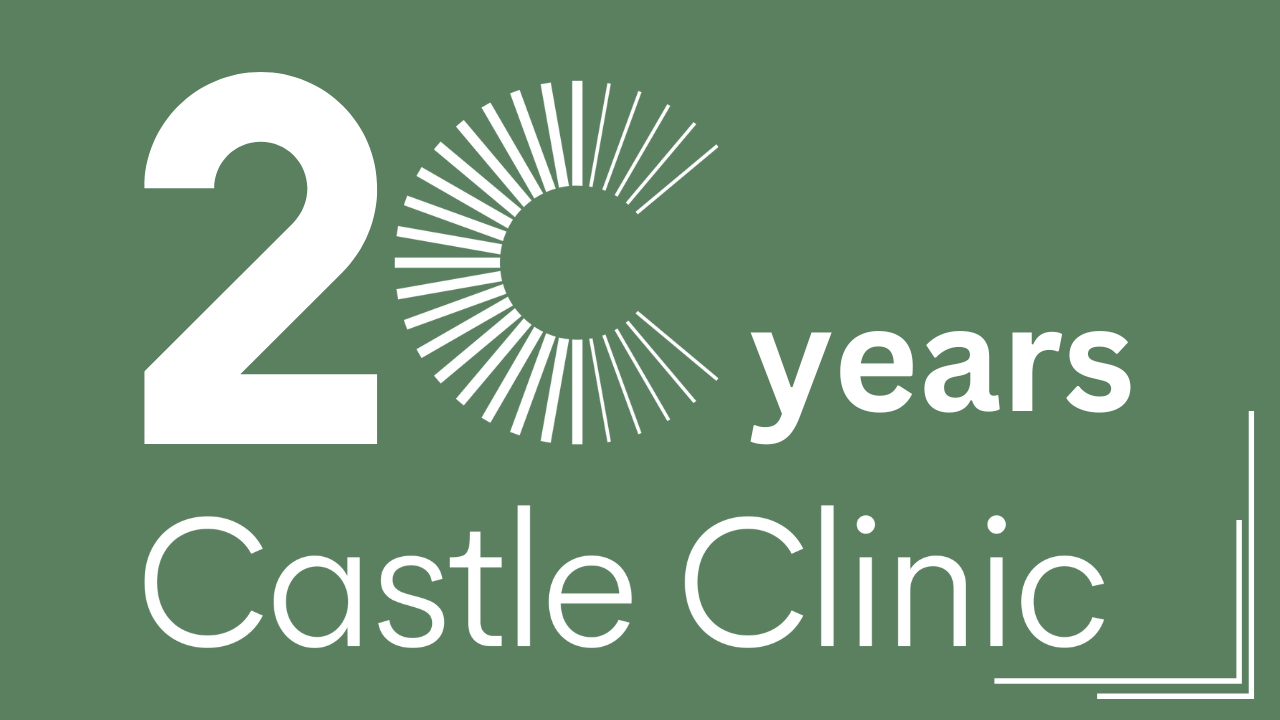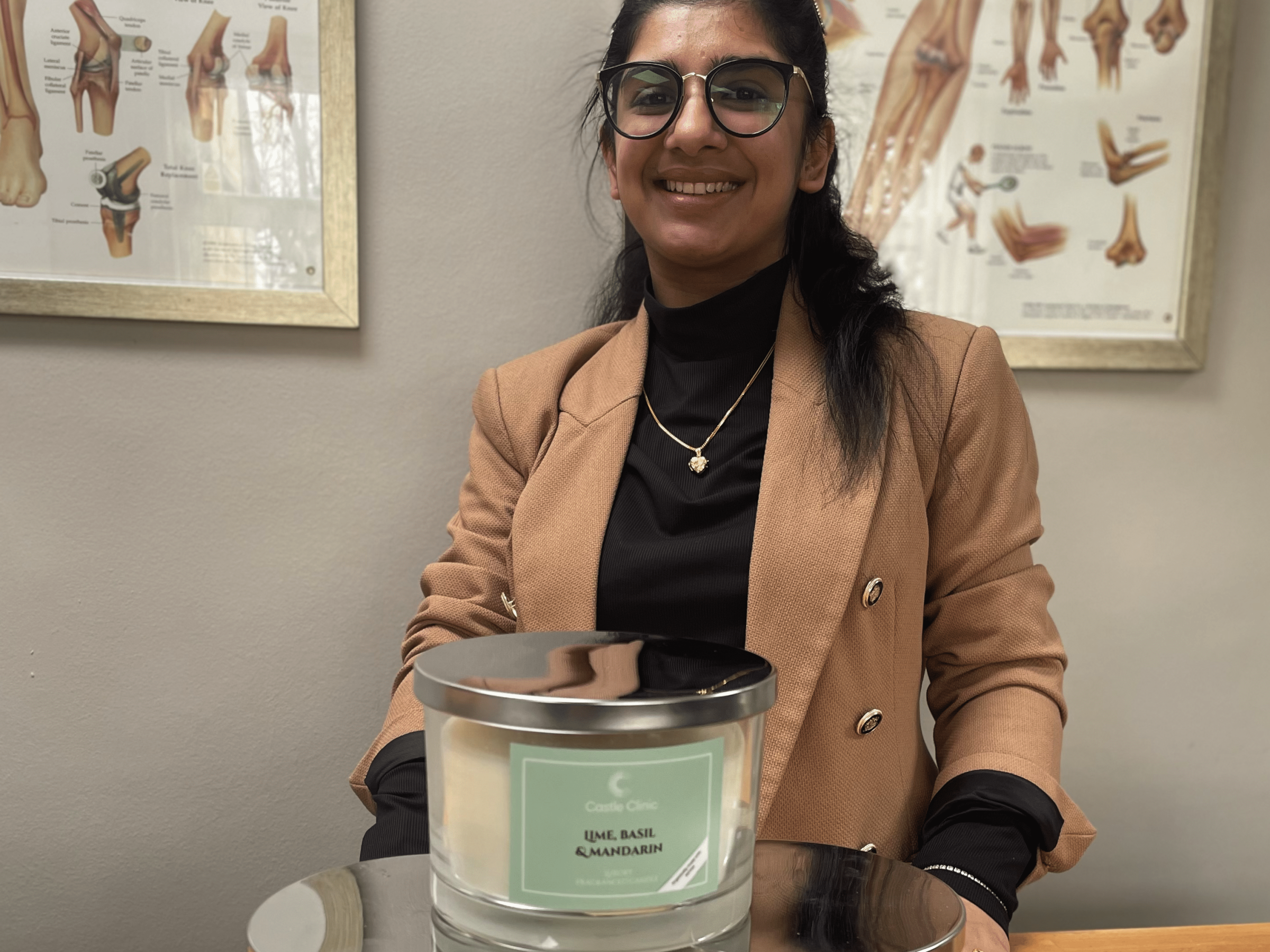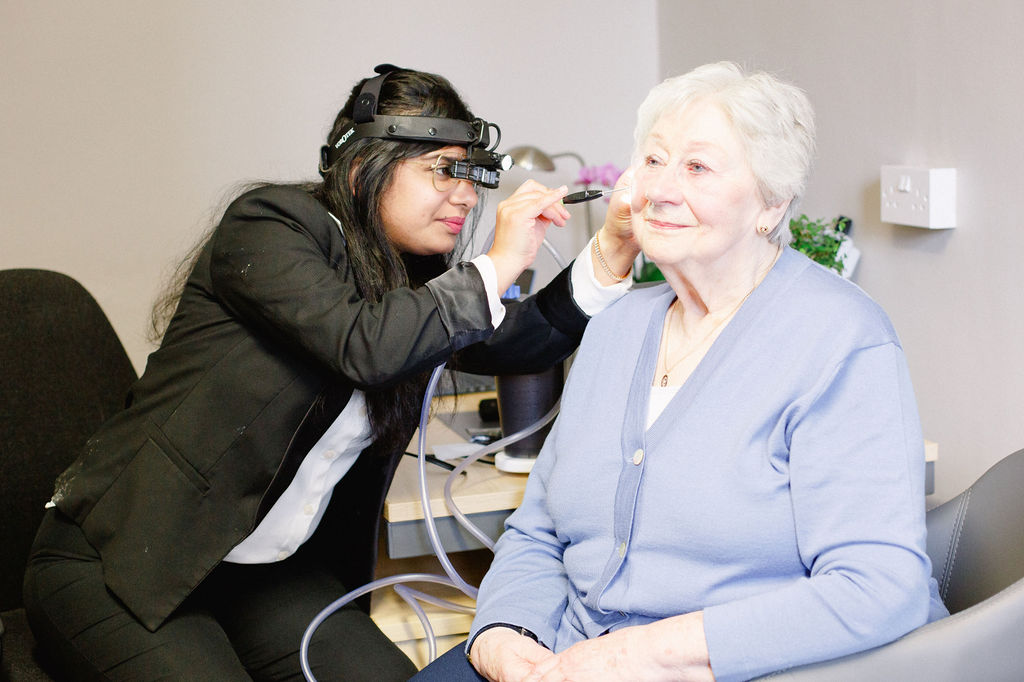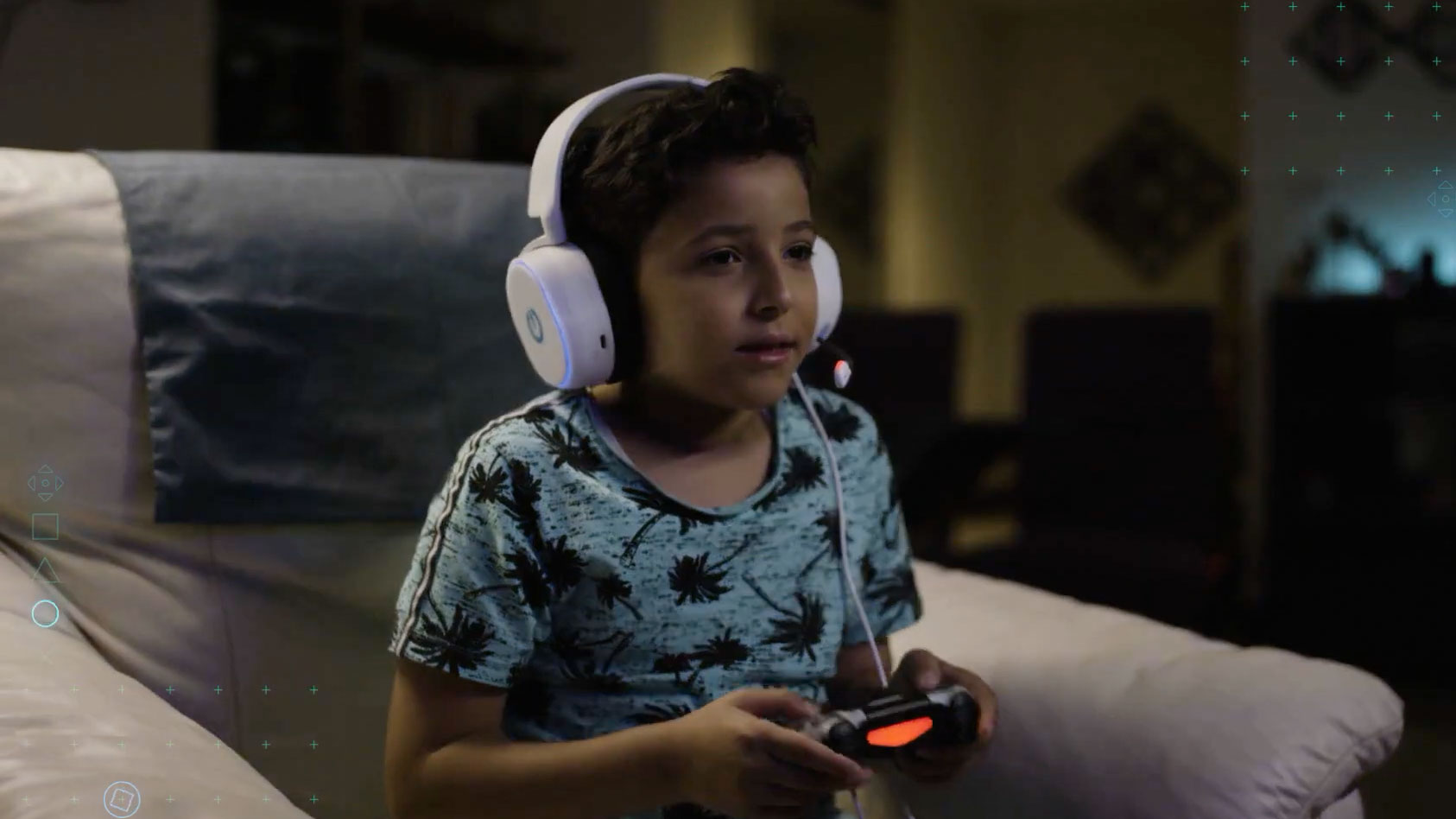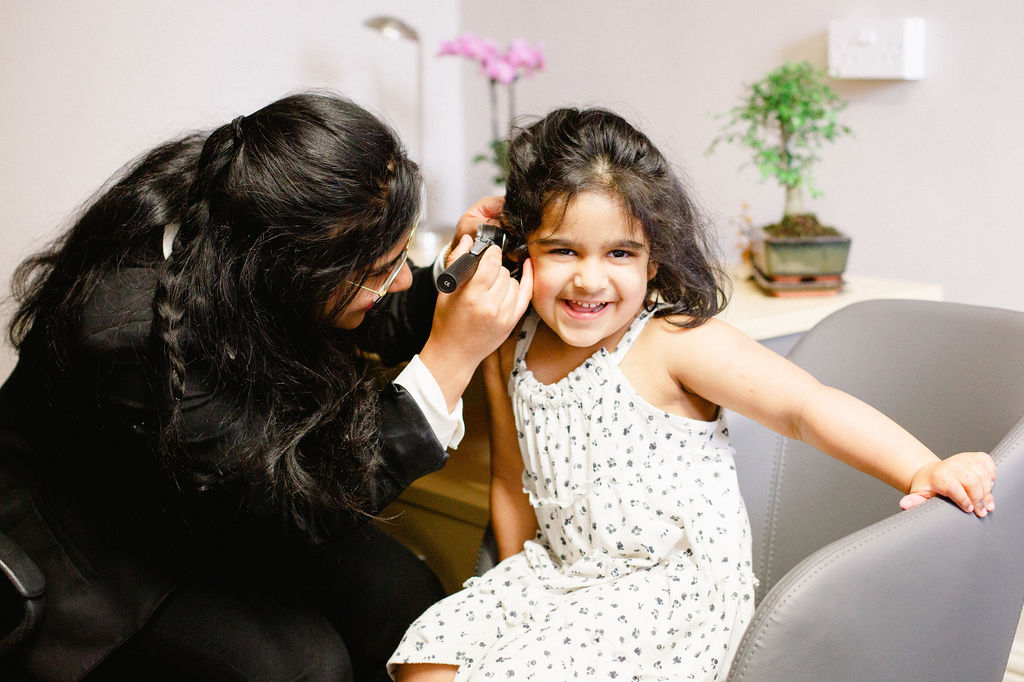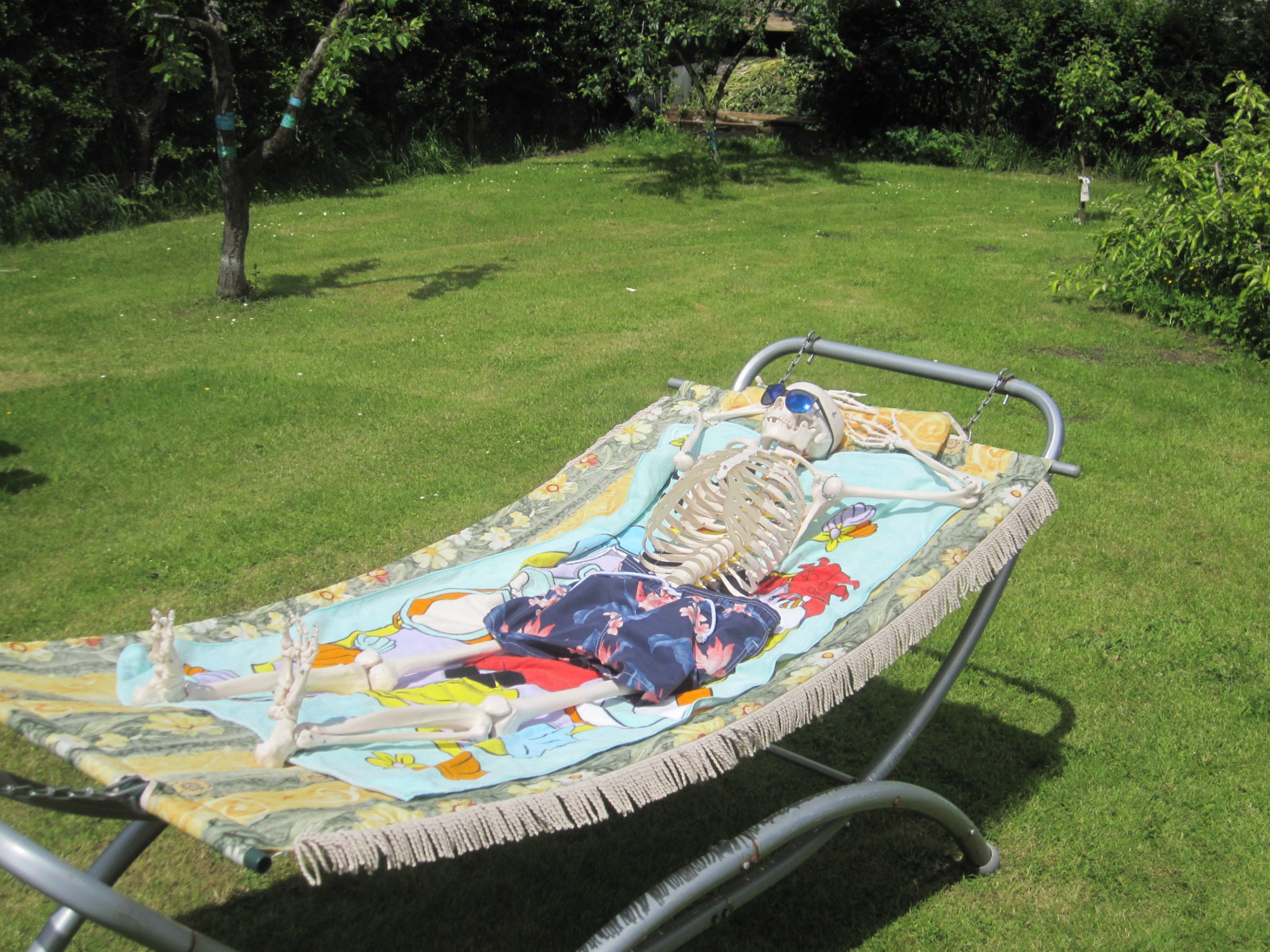Sleep Tight: 5 Tips for Staying Cool on Hot Nights
Summer nights are wonderful—alfresco dining, evening strolls and barbecues. However, when it’s time to sleep, the heat can turn your night into a tossing-and-turning marathon. Here are five tips to help you stay cool and get a good night’s sleep, even when the weather is baking.
1. Choose Lightweight and Breathable Bedding
Your bed is your sanctuary, especially on hot nights. Opt for lightweight and breathable materials like cotton or linen for your sheets and blankets. These natural fibres help wick away moisture and allow air to circulate, keeping you cooler throughout the night. Ditch the heavy comforter in favour of a light quilt or just a sheet to avoid overheating.
2. Stay Hydrated, but Not Too Much
Drinking water is essential, especially in hot weather, but balance is key. Make sure to stay hydrated throughout the day, as this can help your body regulate its temperature. However, avoid drinking large amounts of water right before bed to prevent those middle-of-the-night bathroom trips. A glass of water by your bedside is fine if you wake up thirsty.
3. Cool Down Your Sleeping Environment
Creating a cool sleeping environment can make a world of difference. Here are a few tricks:
- Use Fans Strategically: Place a fan near a window to draw in cooler air or create a cross breeze with multiple fans.
- Close Blinds & Curtains: Keep them closed during the day to block out the sun’s heat.
- Use Windows: During the day, it helps to close the windows on the south facing side of the building to keep out hot air and to open the windows on the north side to allow the cooler air in..
HotCool Water Bottle: Fill your hot water bottle up with iced water and place in your bed for a few minutes before you get in. This can provide temporary relief and help you fall asleep more comfortably.
4. Take a Lukewarm Shower Before Bed
A lukewarm shower can help cool your body down. Avoid hot showers as they can raise your body temperature, and cold showers might make you feel cooler temporarily but can also cause your body to retain heat. A lukewarm shower helps to lower your core temperature gradually, making it easier to drift off to sleep.
5. Sleep in Breathable Pyjamas or Go Pyjama-Free
What you wear to bed can significantly impact your comfort level. Choose lightweight, loose-fitting pyjamas made from breathable materials like cotton. If you’re comfortable with it, you might even consider sleeping without PJs. Without extra layers of clothing, your body can release heat more efficiently, helping you stay cooler throughout the night.
By implementing these tips, you’ll be better equipped to handle those hot summer nights and enjoy a restful, cool sleep. And if they don’t, don’t worry; the weather’s normal service will resume shortly. Sweet dreams and stay cool!
Management of sleep-related issues at Castle Clinic
Do you routinely suffer from poor sleep or insomnia? Speak to our sleep specialists, Alison Lyon-Murphy, Janice Miller or Sandra Shackleton to discuss how best to manage and treat it. Book online or call 01423 787800 to find out more.

